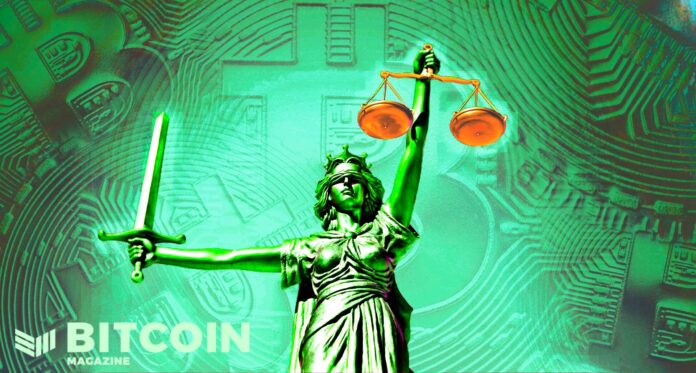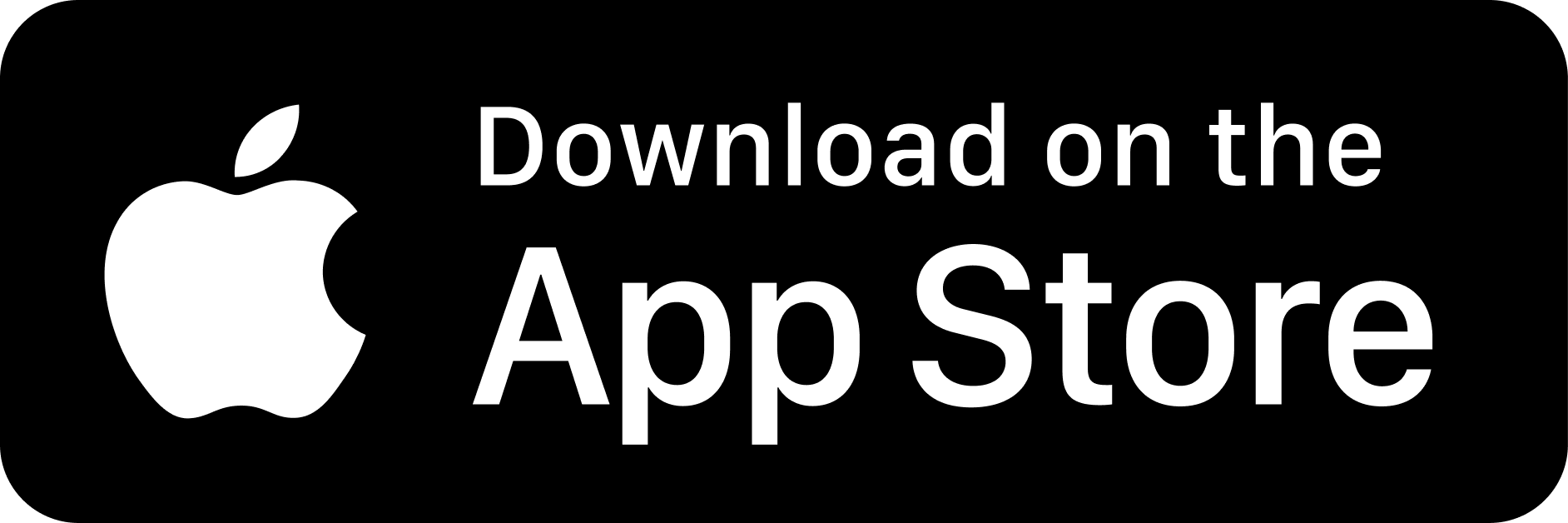Authored August 3, 2021
In recent days, draft language in the proposed infrastructure bill raised a flurry of concerns for the Bitcoin community and the larger digital asset space. Congress proposed heightened reporting requirements for “brokers” of digital assets. The current draft bill broadly defines “digital assets” as “any digital representation of value which is recorded on a cryptographically secured distributed ledger or any similar technology.” The bill further defines a broker of digital assets as “any person who (for consideration) is responsible for regularly providing any service effectuating transfers of digital assets on behalf of another person.” Prominent Bitcoin community members raised concerns that this definition of “broker” is broad enough to encompass miners, node operations, and hardware wallet manufacturers. If that is the case, compliance with the new reporting obligations would be effectively impossible.
Notably, the draft legislation did not redefine or alter how Bitcoin and other digital assets are treated for tax purposes. The stated purpose of the legislation is to capture revenue from underreporting of taxable events. Legislators seek to impose mandatory reporting obligations on exchanges that lessen the administrative burden on the IRS., as it enforces the existing tax code. A spokesman for U.S. Senator Rob Portman (R.-OH) explained, “[t]his legislative language does not redefine digital assets or cryptocurrency as a ‘security’ for tax purposes, impugn on the privacy of individual crypto holders or force non-brokers, such as software developers and crypto miners, to comply with IRS reporting obligations. It simply clarifies that any person or entity acting as a broker by facilitating trades for clients and receiving cash must comply with a standard information reporting obligation.”
The only way to reconcile the comments from Senator Portman’s office with actual text of the draft bill is to conclude that members of Congress did not fully appreciate the complexity and nuance of the technology they seek to regulate. One can interpret the haste and clumsy drafting as a sign that policymakers are not fully informed of the unintended consequences of applying ‘brick and mortar’ rules to this space. It is yet another sign that a massive information gap remains between the Bitcoin community and members of Congress. Legislators proposed a definition of a “broker” that is more suited for a bygone era. What does it mean to “effectuate transfers of digital assets on behalf of another person” when using distributed ledger technology? There is no indication that there was careful deliberation by Congress about who or what is “effectuating” a transfer of a digital asset.
Since the original draft was released, elected officials such as U.S. Senator Pat Toomey (R-PA) and U.S. Senator Ron Wyden (D-OR) have stated that they intend to offer an amendment to the bill to clarify the definition of broker. The precise language of that amendment is not yet available.
Even assuming more precise language can be included, ensuring critical elements of the Bitcoin ecosystem are not impacted by the infrastructure bill, this episode illustrates the need for members of the Bitcoin community to remain engaged with policy makers in the coming years. As Bitcoin adoption continues to grow at an exponential rate, more situations will arise that require the Bitcoin community to speak up. Issues such as a de minimis tax exemption are more likely to be enacted if Bitcoiners regularly make their voices heard on Capitol Hill and with local policymakers across the country. According to a 2021 estimate by New York Digital Investment Group, 46 million Americans now own some exposure to Bitcoin. This represents a significant voting bloc that very well may be single-issue voters, giving the Bitcoin community the power to influence elections. If unified, single-issue Bitcoin voters have the potential to propose pro-Bitcoin policies throughout the United States.
Many in the Bitcoin community maintain a healthy degree of skepticism of the idea of lobbying the government for legislation that is positive for Bitcoin. However, it is possible that this recent fire drill over the infrastructure bill could have been avoided if Bitcoiners had made a more consistent effort to engage with policymakers and spread awareness of how the Bitcoin network operates. The Bitcoin community has the potential to drive the debate and foster adoption through political activism. The only question is whether the community will seize this opportunity.




